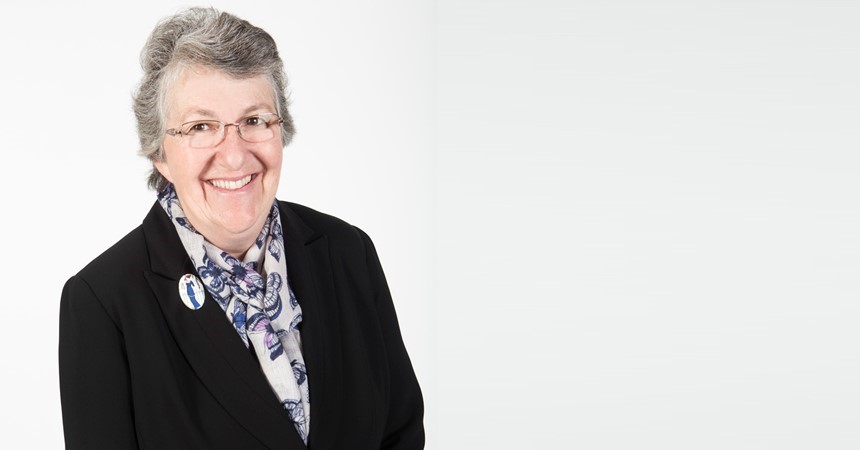So simple are these words, and yet they reveal a mystery of our God, and what this belief calls us to, as reflected in Sunday’s Gospel reading (Matthew 28:16-20):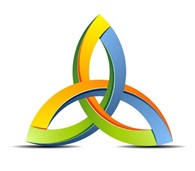
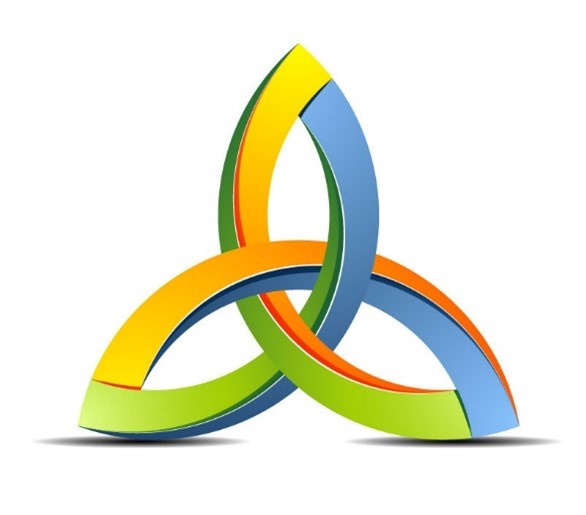
Go, therefore, and make disciples of all nations,
baptising them in the name of the Father,
and of the Son, and of the Holy Spirit,
teaching them to observe all that I have commanded you.
And behold, I am with you always, until the end of the age.
I believe this instruction to Jesus’ disciples - and to us - to go, make, baptise and teach, summarises the desired outcome of last week’s synod papers. We are being called to be missionary disciples in this time of rapid cultural and social change.
Over many weeks I have been reading the Instrumentum laboris (Working Documents) Continuing the Journey for the Fifth Plenary Council of Australia. The document draws heavily on the voices heard during the Listening and Dialogue and Listening and Discernment phases of the Plenary Council, and also from other key sources.
A number of key themes emerge in the document, including:
- renewing a Christ-centred Church that heals wounds and warms hearts;
- strengthening practices of discernment and synodality;
- the call to co-responsibility in mission and governance;
- embedding a response to the Royal Commission into Institutional Responses to Child Sexual Abuse;
- renewing and supporting the ordained ministry;
- promoting discipleship in parishes, families and young people;
- forming prayerful and Eucharistic communities that are eager to engage in society for the service of all;
- proclaiming the Gospel in a change of era;
- renewing the Church’s solidarity with First Australians and those on the margins of society;
- promoting an integral ecology of life for all persons, societies and our common home, the Earth.
- advocating for those on the margins.
I believe our Diocesan Synod Papers also reflect this list, and during this National Reconciliation Week (27 May – 3 June), I invite us to reflect on its theme More than a word. Reconciliation takes action. We had a number of Foundational Statements and Recommendations concerning Aboriginal and Torres Strait Islander peoples.
Each time I encounter the quote below, spoken by Pope John Paul II to Aboriginal and Torres Strait Islander peoples during his 1986 visit to Alice Springs, I am challenged, and I wonder why it continues to take us so long to build those relationships which will promote Aboriginal and Torres Strait Islander peoples to have a voice and to be fully recognised.
For thousands of years, you have lived in this land and fashioned a culture that endures to this day. And during all this time, the Spirit of God has been with you. Many of you have been dispossessed of your traditional lands, and separated from your tribal ways, though some of you still have your traditional culture ... The discrimination caused by racism is a daily experience. You have learned how to survive, whether on your own lands, or scattered among the towns and cities. The Church invites you to express the living word of Jesus in ways that speak to your Aboriginal minds and heart ... You are part of Australia and Australia is part of you. And the Church herself in Australia will not be fully the Church that Jesus wants her to be until you have made your contribution to her life and until that contribution has been joyfully received by others.
I believe the following paragraph from Continuing the Journey reflects some of our own Synod Foundational Statements and Recommendations:
Many Catholics realise that the integrity of both Church and society in Australia is intimately connected to the wellbeing and participation of Aboriginal and Torres Strait Islander people. There is a great need for listening and dialogue between Aboriginal cultures and the various churches and religions in this country. We are challenged to: … recognise the wisdom of Aboriginal people is needed for the health of our nation, that we can learn so much from Indigenous culture and knowledge. Church leaders must call forth this wisdom and create spaces for it to be heard. (n. 179)
One of the groups that meets regularly in our Diocese is the Aboriginal and Torres Strait Islander Catholic Ministry group. It aims to foster the spiritual, cultural and social development of Aboriginal Australians. The Aboriginal and Torres Strait Islander Catholic Ministry functions as a collaborative group to: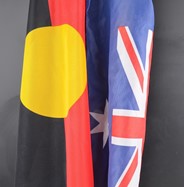
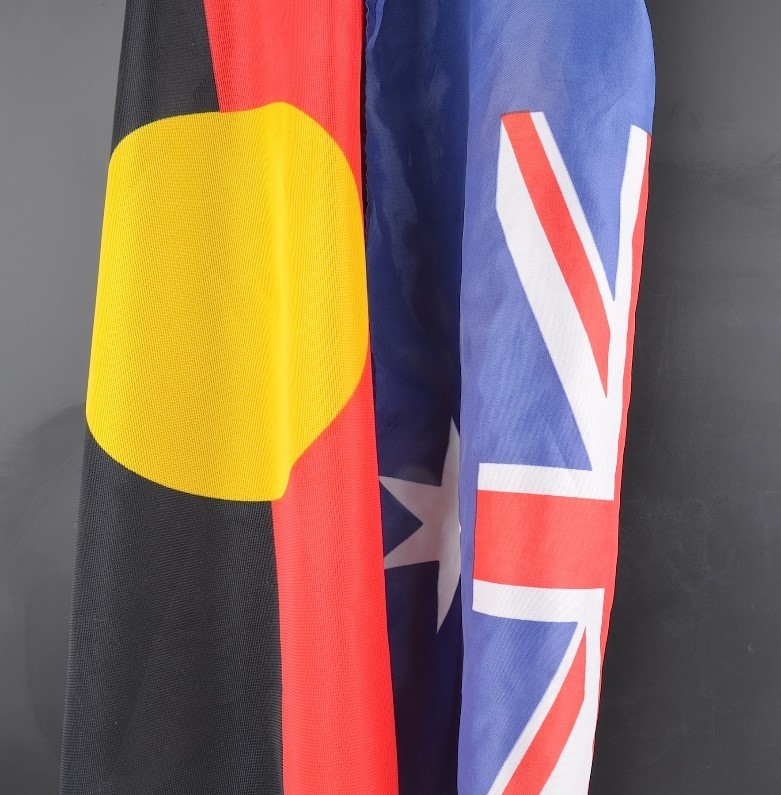
- bring together the Catholic rituals and Aboriginal spiritual ways of ceremony, by being a voice for the rituals for Aboriginal ways;
- advise and promote cultural protocols for Aboriginal/Catholic ceremonies;
- be an advocacy group for Aboriginal issues;
- recognise and promote the history of Aboriginal Catholic heritage;
- link Aboriginal students to identify with their heritage and be proud that they are part of a Catholic school system and identify with Aboriginal Catholic spirituality;
- outreach to parents of Aboriginal students to let them know about Aboriginal Catholic spirituality.
In our Diocese, we find ourselves living on the sacred lands of the Awabakal, Biripi, Darkinjung, Gamilleroi, Gweagul, Wanarua and Worimi peoples. I feel blest to be part of our Aboriginal and Torres Strait Islander Catholic Ministry group as we journey and grow with each other.
I regularly receive emails from a movement of people pursuing Jesus and justice known as Common Grace (www.commongrace.org.au) and this week their message has been around Treaty and Truth Telling for Healing Country, and so I quote from part of that letter written by Brooke Prentice:
Dear Teresa,
Reconciliation, in these lands now called Australia, is unfinished business. For Aboriginal and Torres Strait Islander Christians, we see this unfinished business as part of God’s business. God is in the business of healing broken relationships and bringing love and freedom to all people and all Creation… for Healing Country.
And as followers of Jesus, we are called to be part of this ministry of Reconciliation between Aboriginal and Torres Strait Islander peoples and non-Indigenous peoples, of all cultures, of these lands now called Australia.
Aboriginal peoples continue to hold out a hand of friendship, through injustice, pain, and trauma, in an extraordinary act of forgiveness, faith and grace.
With your listening, your learning, and your love, I invite you to come and stay on the journey of Reconciliation in a spirit of friendship.
And the unfinished business of Reconciliation needs everyone. Reconciliation needs you and it needs resourcing.
Giving today is your act of pursuing Reconciliation.
This National Reconciliation Week, Aboriginal and Torres Strait Islander Christian Leaders are calling you to take action for Healing Country. To see love in action. Love that brings healing. Love that listens and learns. Love that seeks Jesus and justice.
Surely, this is what the Trinity calls us to, to live in this relationship of love which means we must take action.
